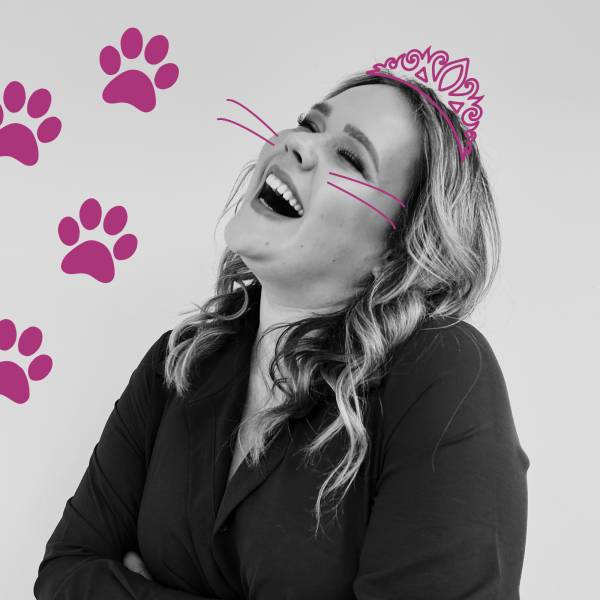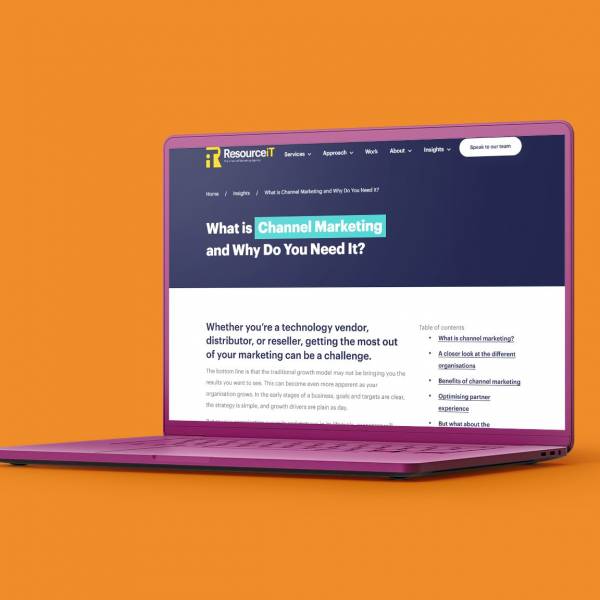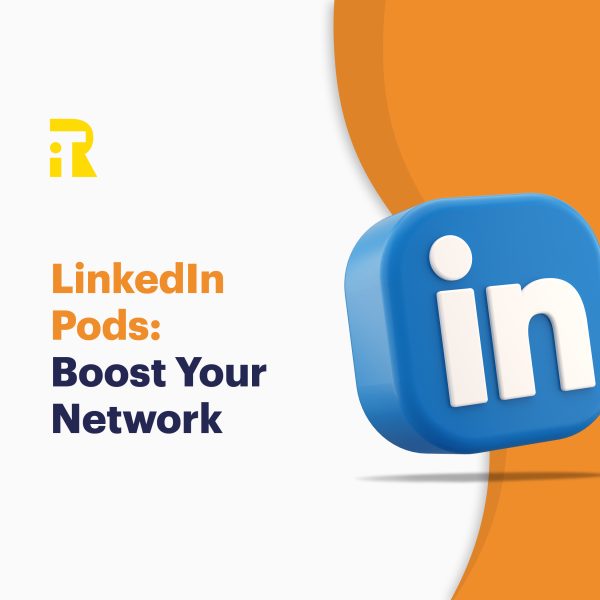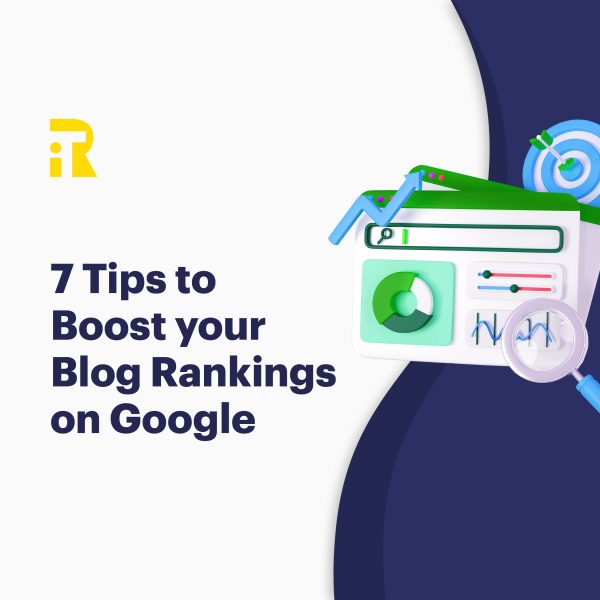When we win a client, we want to keep them – forever. Our opportunity to do that increases if the partnership works well and the client gets what they need from the agency/client relationship.
Organisations approach us for our services for many different reasons, however undoubtedly the most common reason for seeking a new agency is because their current agency either isn’t delivering, or they simply don’t understand their business.
We pride ourselves on our levels of repeat business and so here are our Top 10 Tips for people looking to work with a new agency, transition to a different agency, or for people who’ve never worked with an agency before.
- Articulate what you need
- Create clearly defined goals
- Look for an agency that understands you
- Trust your agency’s experience
- Share your knowledge
- Agree your stakeholders
- Set up a schedule
- Communicate and feedback
- Let them in!
- Ask the smart questions
1. Articulate what you need
What do you need from the agency, and what does success look like for you?
This needs to be defined from the outset before you even start searching. Are you looking for inbound lead generation? Does success look like increased conversion? Do you need more structure? Process? Reduced spend? Vendor-co-funded execution?
Whatever the driver, kicking off with a clear need will help keep both you and your agency on track.
2. Create clearly defined goals
At some point we all learned about SMART objectives, right? But these are the kind of goals we need to define. Having you and your agency reaching for the same objectives is fundamental to success. Your agency might think they’re doing a great job, but if your expectations are widely different, you’re not going to be on the same page, and vice versa.
Communicate what it is that will make you high-five in 6 months’ time or at the end of the campaign.
3. Look for an agency that understands you
Picture this…you find a general marketing agency with an amazing reputation for using Google Ads to drive demand but they operate in a different industry to your organisation. Does that really matter you may ask?
Whilst we consider ourselves to be marketing experts, ResourceiT are technology specialists through and through. What we can’t do is start marketing handbags or shoes. We have absolutely no idea how to do that and it would take us a long time to work it out.
As a specialist agency in the Technology sector that has delivered over 5,000 projects, we understand how to position technology in many ways, whether it’s direct to end-users or through and to channel.
Put simply, our advice is – always, always, ALWAYS pick a specialist.
4. Trust your agency’s experience
There’s little point onboarding a specialist agency and then telling them how to do things. Don’t forget why you hired them in the first place – for their expertise and for their support.
The chances are the agency has done whatever you are keen to do more times than you can imagine. If the agency doesn’t think investing in a campaign, driving attendance to a 2-hour long webinar, targeted at people who have never heard of you (i.e. cold data) isn’t the most effective use of budget (even if you have the most AMAZING sales person lined up to host the webinar)…they are probably right.
Take the advice. Don’t waste your time or money. Trust us, we’ve been there, done that!
5. Share your knowledge
No one knows your business better than the people working in it. If one of your team come across something noteworthy or they’ve have just had a revolutionary conversation with a customer, share it! Yes, your agency is going to be an expert, but sharing is only going to make your campaign fly higher.
Encouraging your sales and marketing teams to chime in with all their knowledge and great ideas will only help to increase your chances of success.
Collaboration is the key.
6. Agree your stakeholders
Share how your organisation is set-up and who the main stakeholder/s and influencers are. Who might the agency be working with daily? How does the sales function work and who will be following up on any leads generated?
Similarly, ask the agency who your day-to-day contact will be and understand as much as you can about the wider set-up and resources. ResourceiT clients gain a dedicated account manager who work with specialists around our business to deliver results. Whether that’s our digital team, designers, copy writers, ABM specialists and so on. Many people in our team have a part to play it’s how we connect that makes us unique.
Ensure both sides understand who does what and how.
7. Set up a schedule
How would you like to communicate and how often? When it comes to reporting, what will work best for you? Do you need different levels of reporting for different stakeholders? Do you need a regular cadence of calls and auto-generated reports? Agreeing this up-front will help to streamline results from both sides and maximise time and budget, for example:
Company A: Needs a weekly call for the first 2 months of the campaign while content is created. This drops to every 2-weeks once we are live and in market. In addition, a live and detailed reporting dashboard of all campaigns from LinkedIn to Telemarketing is always required and it must be easily accessible. A monthly high-level report is needed to share in sales meetings, and finally a quarterly ROI report to share at QBRs.
Company B: Live dashboard is enough. Wants the agency to just get on with it and not have much involvement at all.
Both styles are achievable but there’s a difference in the time required (and therefore the cost), so be clear on what you need at the start so the agency can meet your expectations.
8. Communicate and feedback
As with any relationship, everyone’s got some learning to do. As you discover more about each other’s business and ways of working, you may need to review and refine your joint working model and processes. Expect the first phase to be a little bit different and ensure you’re open and honest with your agency about what you want and need. The more transparent you are the better your relationship will work.
Keep thinking and talking about how you can make the partnership work even better.
9. Let them in!
Be open with your agency. Any new partnership involves sharing insights and any new agency should be asking you a tonne of questions. Although we may feel a bit like a toddler hanging around always asking ‘why’, it’s because knowing the answer is going to ensure what we do for you is right for your business. Here’s some examples of things we would want to know:
- Sales follow-up – what happens with a lead? Do your sales team want to follow up marketing leads, or do they expect appointments to be set?
- CRM – what are you using? Do you have lead scoring in place? Is there a follow-up process that leads will automatically feed in to and how is that working?
- Previous results – What have you already tried? Let us review and discuss some previous campaigns and see what insights we can provide for what did / didn’t work for your business and why.
- Marketing function – what does that look like? Have you got existing resources that will play a part and we can add skills in areas you don’t have? What are your existing team really good at and where do you need help? How can we collaborate to maximise ROI?
- Target Audience – this is where all the questions lead to. Where do you make most money? What does a great client look like and who is definitely not for you?
Great marketing attracts exactly the right type of clients and repels the wrong ones.
10. Ask the smart questions
So you can really understand whether the agency you are talking to or working with is right for you and is a cultural fit to your organisation and team, how about asking some of these questions?
- Industry Expertise – how can they prove they are the right fit for your business and target audience?
- Success stories – ask for a customer reference and have a call with their customer – you’ll really get the inside scoop with this one!
- Staff tenure – ask your agency how long people have worked there. An agency full of unhappy employees is not a nice organisation to work with, no matter how many beanbags they may have in their office!
- Have they done a campaign like this before and if so, what were the results
- Who will my team be, can I meet them and get to know them? What is their expertise?
- What happens if we change scope in the middle of the project? Find out if your agency can be flexible if your goalposts move?
Put your agency through their paces by all means. The great ones will expect it and the not-so- great ones will likely stumble a bit and qualify themselves out. If that happens, please give us a call!




